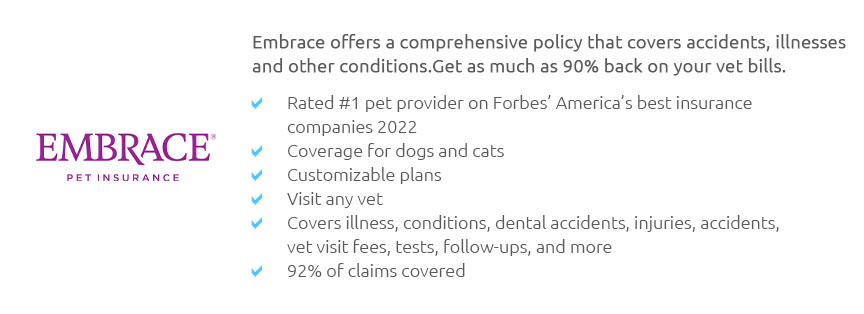 |
 |
 |
 |
 |
 |
|
 |
|
 |
|
 |
|
 |
|
 |
 |
 |
 |
 |
 |
 |
 |
Understanding Dog Insurance in Hawaii: Best Practices and ConsiderationsWhen contemplating the acquisition of dog insurance in Hawaii, pet owners are often met with a plethora of options and considerations. The Aloha State, renowned for its unique ecosystem and lifestyle, presents both challenges and opportunities for responsible pet ownership. This article delves into the intricacies of dog insurance in Hawaii, providing a comprehensive overview of best practices and essential factors to consider. First and foremost, understanding the importance of dog insurance is crucial. In a state where natural beauty and adventure beckon at every corner, dogs are often part of outdoor activities that increase the risk of injury or unexpected health issues. Whether your furry friend accompanies you on hikes through lush rainforests or on beach excursions, having a reliable insurance policy can safeguard against unforeseen veterinary expenses. One of the most critical aspects to consider is the scope of coverage. Policies vary significantly, and it is essential to select one that aligns with your dog's specific needs. Basic plans typically cover accidents and illnesses, but more comprehensive options may include wellness visits, vaccinations, and even alternative therapies-a feature particularly beneficial in Hawaii, where holistic pet care is gaining popularity.
Cost is invariably a significant factor. In Hawaii, the cost of living is higher than in many other states, and this is reflected in veterinary services as well. Therefore, pet insurance can be a cost-effective solution to mitigate potential financial burdens. However, it is imperative to scrutinize the deductibles, premiums, and reimbursement rates to ensure affordability without compromising coverage. Another noteworthy consideration is the network of veterinarians. Hawaii's geographical isolation can sometimes limit access to veterinary specialists. It is advisable to choose an insurance provider that has a robust network of veterinary partners on the islands. Moreover, understanding the claim process-whether it is seamless and user-friendly-can greatly enhance the overall experience of having pet insurance. Finally, it is beneficial to seek recommendations and reviews from other pet owners in the community. With Hawaii's tight-knit and friendly atmosphere, local insights can provide invaluable guidance. Engaging in online forums or local pet groups can offer real-life experiences and tips that are not readily available in brochures or on websites. In conclusion, dog insurance in Hawaii is not just a financial safety net but a crucial component of responsible pet ownership. By considering factors such as coverage scope, cost, veterinary networks, and community feedback, pet owners can make informed decisions that ensure the well-being of their beloved companions. As you embark on this journey, remember that investing in your pet's health is a testament to the love and commitment you share with your furry friend. https://www.thehonolulupetclinic.com/resources/insurance.html
The team at The Honolulu Pet Clinic sincerely recommends having pet health insurance. Pet health insurance is much simpler to use than human health insurance. https://www.healthypawspetinsurance.com/locations/hi/hawaii-pet-insurance
We offer one pet insurance plan that covers vet visits for new accidents and illnesses at competitive premiums. https://www.petinsurance.com/whats-covered/hawaii/
Get comprehensive pet insurance coverage in Hawaii. Protect your furry friend's health and save on vet bills with Nationwide. Explore our plans today!
|